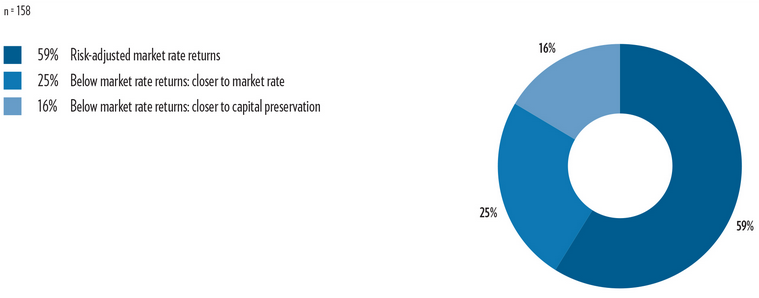What is impact investing?
As the word suggests, ‘impact’ means having strong and lasting effect. According to Global Impact Investing Network (GIIN), an organization which tracks impact investments globally, impact investments are investments made into companies, organizations, and funds that seek to generate positive social and environmental impact and at the same time generate a financial return. It can be made in emerging as well as developed countries.

Who are impact investors?
Impact investing has generated interest from both individuals as well as institutions. Typically, these investors are fund managers, financial institutions, private foundations, pension funds and insurance companies, family offices, NGOs, religious institutions and individual investors.
Here are some examples of impact investing
- A fund manager investing in a company that sets up water purification plants in rural villages. The purified water is sold to villagers at affordable prices.
- Private equity fund invests in a company that provides electricity to schools, hospitals and households.
- Investing in a company that creates business and job opportunities in the semi-urban and rural areas.
Goals of impact investors
According to GIIN, impact investors have diverse expectations from their investments. Some intentionally invest for below-market-rate returns, in line with their strategic objectives while others pursue market-competitive and market-beating returns.

Photo source: Global Impact Investing Network (GIIN)
Developments in India
According to the Kotak Wealth Report 2016, impact investment is at a nascent stage in India. The category is seeing fast–paced growth due to interest from Ultra HNIs. The report shows that nearly half of Ultra HNIs have exposure to impact investments.
Also, RBI’s recent mandate to a few microfinance institutions to set up ‘small finance banks’ has generated interest in the sector with prominent Indian family-owned companies actively investing in the sector.
The road ahead
Although impact investing has the potential to promote development by investment in regions and sectors that are unlikely to receive traditional commercial investments, the sector faces challenges. Some of the challenges faced are shortage of high quality investment opportunities with track record, difficulty in exiting investments, lack of investment professionals with relevant skill sets and lack of data on products and performance (source :GIIN, J.P Morgan)
These challenges can be overcome, especially with improved collective action and concrete reforms by public and private institutions. For instance, the policy push from the government in terms of National Solar Mission (to promote solar energy) and ‘Housing for all by 2022’ (to provide affordable housing) are also likely to have a positive bearing on the interest levels of ultra HNIs in this space.




